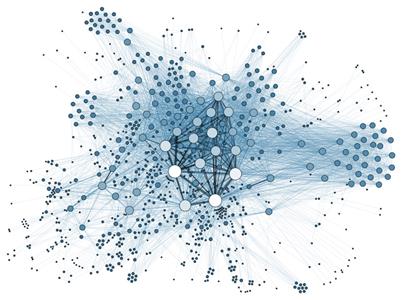Data services on the web lower the threshold to data journalism. No tinkering with statistics in Excel or maps in Google FT. Just upload your data push a button and there are the graphs and maps, either as an embed link, pdf of jpg.
I looked into one of those services: datawrapper . The prices are quite reasonable; for 12 Euro a month you are in business. However datawrapper is also open source. you can clone it from Github and install it.
I looked into one of those services: datawrapper . The prices are quite reasonable; for 12 Euro a month you are in business. However datawrapper is also open source. you can clone it from Github and install it.
















